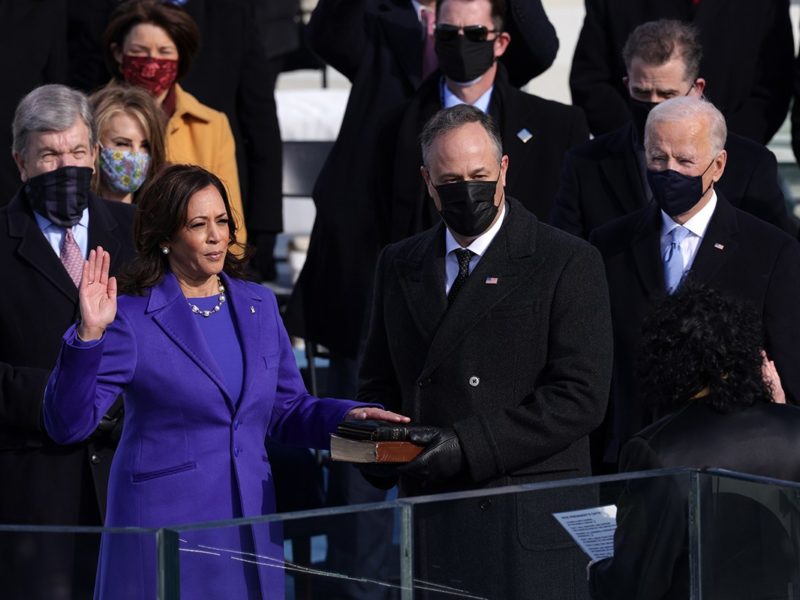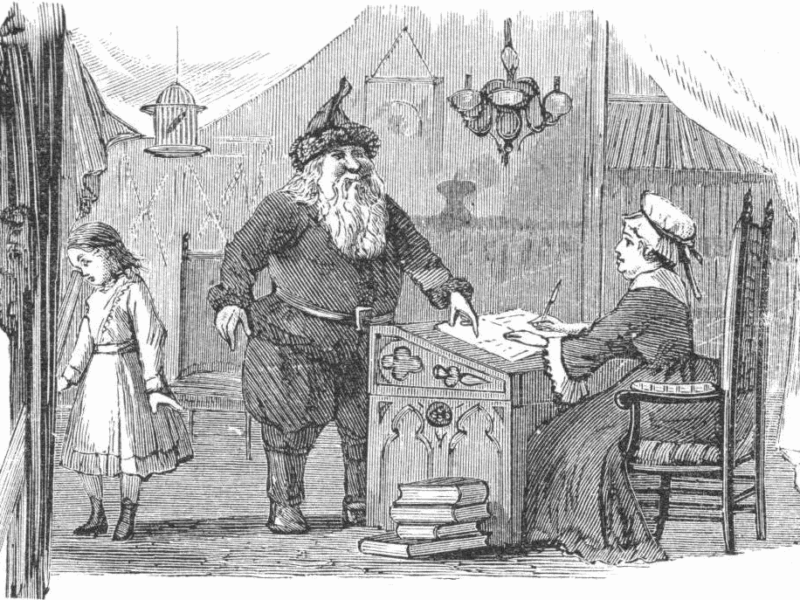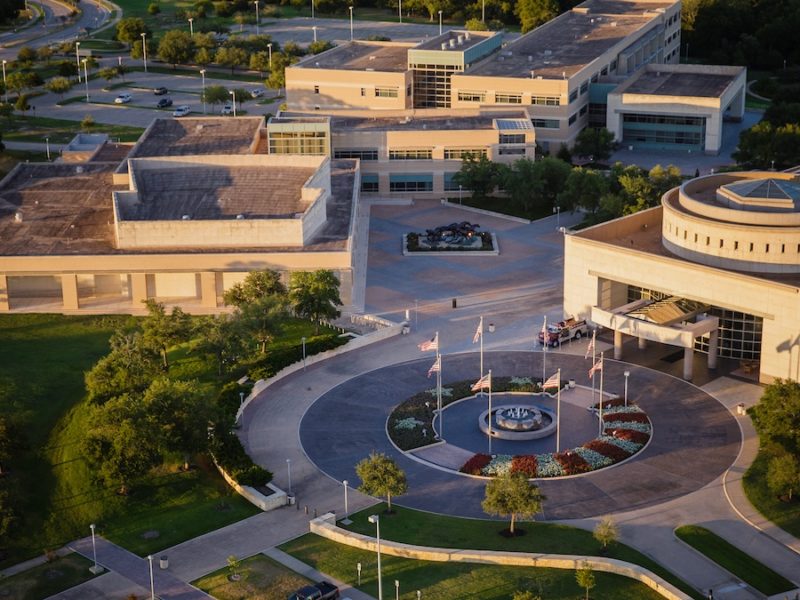Panel Highlights Achievements Of Three Feminist Activists
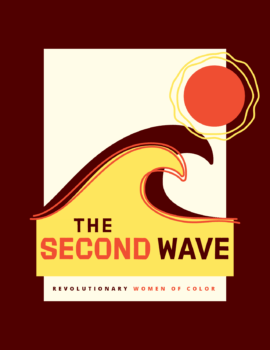
Icons of civil rights activism came together at Texas A&M University’s Annenberg Presidential Conference Center last week to discuss their struggles for justice at the intersection of race, class and gender.
Hosted by the College of Liberal Arts, the March 24 “Pioneering Women of Color” panel featured in-person appearances by Martha Cotera and Yvonne Swan, as well as written comments from Frances Beal. All three women played prominent roles in the second wave of American feminism and other social justice movements of the 60s, 70s and beyond. The program, moderated by Texas A&M professor and Melbern G. Glasscock Chair in American History Elizabeth Cobbs, kicked off a conference entitled “The Second Wave: Revolutionary Women Of Color,” which featured additional panel discussions on Friday highlighting the lasting impact of the work done by these women and many others.
“People often think history is made by a man or by somebody who’s an official, who’s in government [and] has been given the power to exert leadership,” Cobbs said. “But historians know that leadership comes from all different kinds of places and sometimes the bravest and most important, most consequential leadership comes from everyday people.”
Cotera, a prominent figure in the Chicano civil rights movement and author of the 1977 book The Chicana Feminist, noted that even within movements for justice and equality, women often had to fight for a seat at the table. She recalled a 1969 conference of the Raza Unida political party in Houston in which a young man shouted at her to “get off that stage and go home and do the dishes.”
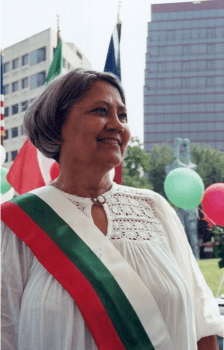
“A lot of us realized at that moment that these men in the Chicano movement thought that Chicano liberation was literally Chicano liberation and not liberation for everybody,” Cotera said. “I realized there was nothing else to do but to organize the women, to write, to train, to educate, to raise the consciousness of everybody, men and women.”
That work is still ongoing today, Cotera said, as she continues to fight for the same values of equality and fair treatment for women that she has held close to her heart since she was a girl.
“I’ve always said I’ve been a feminist all my life,” she said. “I can’t remember a time when I wasn’t a feminist.”
Swan had a very different journey. Widely known today as a successful advocate for the rights of women and Native Americans, Swan was born and raised on the Colville Indian Reservation in northern Washington. She said her parents made it a point to treat all of their children equally, regardless of gender. But as an adult, she would ultimately become all too familiar with the unique struggles faced by women in American society.
In 1973, Swan was convicted of second-degree murder in the 1972 shooting death of William Wesler, a resident of her neighborhood in Spokane who had attempted to molest her son. Swan shot Wesler after he entered the home of her babysitter, Shirley Hooper, whose daughter had previously been raped by Wesler. Swan and her children had gathered at Hooper’s home after police told her that they would not be able to arrest Wesler until after the weekend.
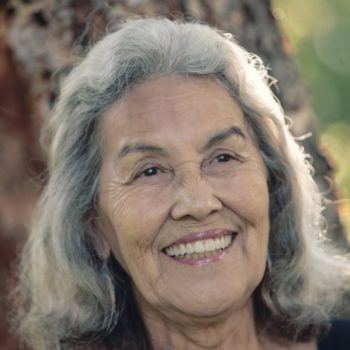
“I was convicted on May 13, 1973, which was Mother’s Day, for protecting myself and eight children in that home,” Swan said.
She said her experience while on trial made her keenly aware of the damaging effects of racism and sexism within the American justice system. After years of legal battles, she went before the Washington Supreme Court, which ultimately ruled in her favor and remanded her case for a retrial.
The court’s ruling was a landmark decision that helped establish the specific rights of women to defend themselves and their children from male attackers. Swan said the help she received from her female defense team was largely responsible for her feminist awakening.
“I was proud of being Sinixt,” Swan said. “My dad was Chippewa Cree and Assiniboine Sioux, I was proud of that. But when I learned from my lawyers and the defense committee members the pride of being a woman, I was doubly empowered.”
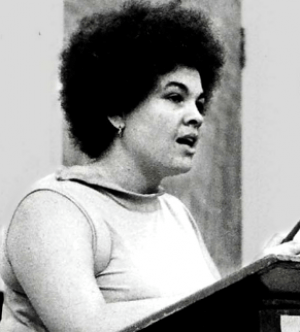
Presenting Beal’s message for the audience was author and professor Ula Taylor of the University of California, Berkeley. A life-long activist known for co-founding the Third World Women’s Alliance and authoring the highly influential pamphlet “Double Jeopardy: To Be Black and Female,” Beal has spent decades advocating for peace, racial justice and women’s liberation, with a particular emphasis on access to safe abortions.
“Prior to becoming a mother, Fran had had two abortions,” Taylor said. “Both were illegal and both almost killed her. These experiences and that of her friend Cassandra, who had died from a botched abortion, placed the importance of having safe options at the forefront of her thinking.”
Taylor noted that Beal’s stance on reproductive rights was controversial within the often male-dominated racial justice movements of the era, but she felt it was crucially important to get her message across.
“It took courage for a Black woman to talk about safe abortions,” Taylor said. “It took courage to make distinctions between the choice of having a safe abortion and the forced sterilization of Indigenous women, African-American women and Puerto Rican women.”
During a formal welcome to Thursday’s speakers, communication professor and associate dean for inclusive excellence and strategic initiatives Leroy G. Dorsey said their visit to Texas A&M could not have come at a more important time.
“I’m sure we might all agree that this conference is particularly critical at this juncture in American history, with misguided and pernicious attacks on virtually anything related to race and women’s rights,” Dorsey said. “This conference represents a special moment as it serves as a reminder about the important role that the women being honored here tonight on stage have played in securing those rights. We celebrate their inspiration, and we are guided by the light that they cast.”
